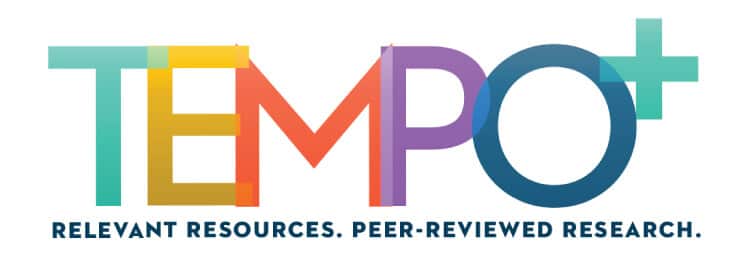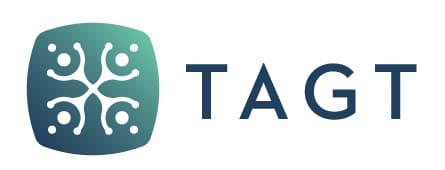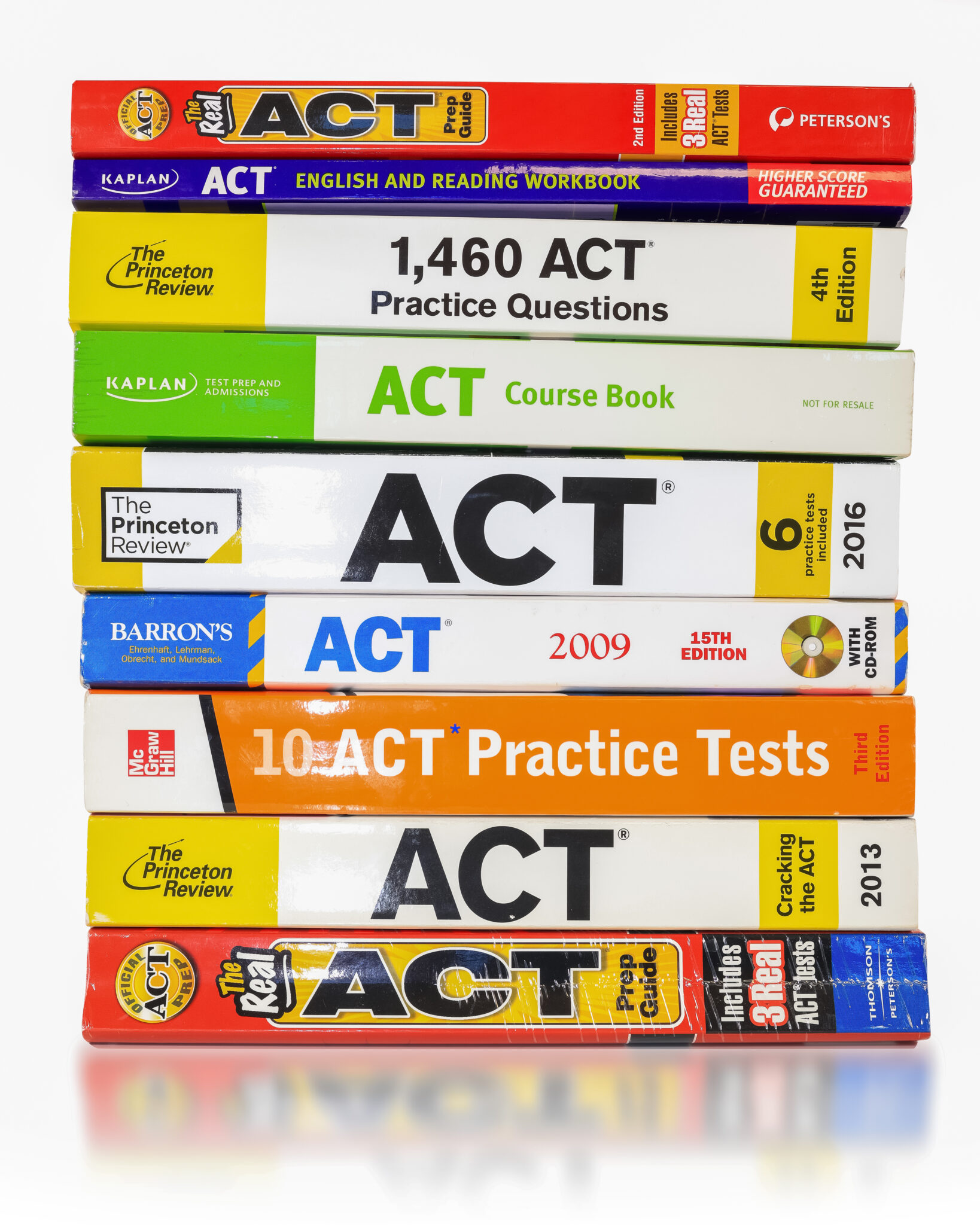The Texas Legislature passed Senate Bill 2124, which automatically enrolls incoming 6th graders in advanced mathematics courses based on objective data measures (Texas Education Agency, 2023). Prior to this legislation, student enrollment in middle school advanced courses was primarily determined by teacher or counselor recommendation (Richman, 2023). Beginning in the 2024-2025 school year, Texas school districts implemented Senate Bill 2124. To determine eligibility, districts identify fifth grade students who scored in the 60th percentile on the state assessment or perform in the top 40% on a local measure and automatically enroll those students in an advanced mathematics course for the sixth grade.
With the implementation of this policy, many students will enroll in an advanced mathematics course for the first time. In general, as students transition from elementary to middle school, they often experience changes in academic expectations coupled with physical, mental, social, and emotional shifts (Lovette-Wilson et al., 2020). As the barriers to advanced courses are removed through the enactment of this law, district and school leaders are encouraged to explore innovative solutions to support students and teachers in this transition. The ideas below are intended to build capacity in middle school mathematics teachers as they support student transitions from elementary to middle school and help students with diverse mathematical skills develop their talents.
Personality Assessments
Personality assessments help educators gain insights into a student’s character traits, strengths, and learning preferences. Personality assessments are useful tools that help students develop self-awareness and self-confidence, which can in turn promote academic success and personal growth as students pursue academic and career pathways. To support the performance of middle school students in advanced mathematics courses, the True Colors Personality Assessment and Compass Points are activities teachers can implement within the first few weeks of school. The True Colors Personality Assessment is a tool for individuals to discover their personality style. Compass Points is a group activity students can use to understand themselves, their peers, and how their preferences can influence collaboration. Activities like these can facilitate the development of classroom culture, self-awareness, and belonging as teachers cultivate learning environments that support the academic, social, and emotional development of sixth graders enrolled in an advanced course for the first time.
Affirmations for Mathematicians
Affirmations are statements intended to shift an individual’s mindset. In the area of mathematics, students may underestimate their mathematical abilities. Affirmations serve as a tool to motivate and build confidence as students develop a growth mindset and enhance their mathematical proficiency. At the start of the school year, teachers and students can create affirmations as they develop classroom norms. For example, a sixth-grade math teacher could start by creating three general affirmations. Then, as students progress through the mathematics standards, they can create their own affirmations. Some examples of Affirmations for Mathematicians might include:
- I believe in my gifts and use them to apply mathematics in my everyday life.
- I have what it takes to be a mathematician.
- When I see a math problem, I smile because I know I have the ability to solve it.
- Every day, I am developing my mathematical fluency.
- I am unlimited in my ability to develop math skills now that I will use in my future career.
- I use my brain as a calculator to apply number sense to mathematical situations.
Data Conferencing
Engaging students in conversations about their academic data provides an opportunity to review trends, identify strengths, and prioritize areas of opportunity. A data conference is another way to plan differentiated instruction for individual student learning needs. Involving parents in data conferences can ensure they are aware of the benefits of taking challenging mathematics courses. Providing sentence stems allows students to take ownership of their learning. The stems can also be used for students to share their reflections with their caregivers. Involving families in data conferences can ensure they are aware of the benefits of taking rigorous mathematics courses, they know their student’s strengths, and they understand the teachers plan to address areas of growth.
Teacher Data Conference Question Stems
Data conferences can vary in length, but that time sets the stage for goal setting and rapport building within the first few weeks of school. Here are a few question stems teachers can use for teacher-led data conferences in math classrooms.
- Let’s celebrate your success with _____. To what do you attribute your success?
- What patterns do you notice in your previous math course grades?
- What are you looking forward to most in this advanced math course?
- What strategies do you use when solving math problems?
- What unanswered questions do you have about taking this advanced math course?
- Do you consider yourself gifted or talented in the area of math?
- How can I support you this year in advanced math?
Student Data Conference Sentence Stems
Students can use the following sentence stems to answer the questions posed by the mathematics teacher during the data conference.
- I attribute my success in past math classes to…
- A trend that led to my success in math class is…
- Knowing my past successes/challenges in math, I can predict that…
- When I compare my 5th grade math data to my 4th grade math data, I notice that…
- When I encounter a difficult math problem, I…
- I find it helpful when my math teacher…
- A question I have about taking this advanced math class is…
As students become more comfortable with their teacher and the data conferencing process, they can start leading the conferences and generating their own question and sentence stems. When engaging parents in data conferences, refer to the Back to School Parent Conferencing Tool from TEA for questions and stems parents can use to communicate and collaborate with teachers.
This article provides three practical ways classroom teachers can support sixth grade students who may be taking advanced math courses for the first time. Personality assessments, affirmations, and data conferencing are just a few examples of psychosocial skill building activities that can support advanced learners as they develop math talent in middle school.
References
Lovette-Wilson, C., Orange, A., & Corrales, A. (2020). Factors influencing student transition from elementary to middle school. Educational Studies, 48(3), 424-411. https://doi.org/10.1080/03055698.2020.1767039
National School Reform. (2000). North, south, east, and west: Compass points. www.nsrfharmony.org
Richman, T. (2023). How Texas plans to make access to advanced math more equitable. Dallas News. https://www.dallasnews.com/news/education/2023/10/03/how-texas-plans-to-make-access-to-make-accessto-advanced-math-more-equitable/
Texas Education Agency. (2023). Implementation of Senate Bill 2124: Advanced Mathematics Instruction. https://tea.texas.gov/sites/default/files/taa-sb-2124-advanced-math.pdf
Supporting Students in Advanced Mathematics Courses: Solutions for Sixth Grade Students PDF






